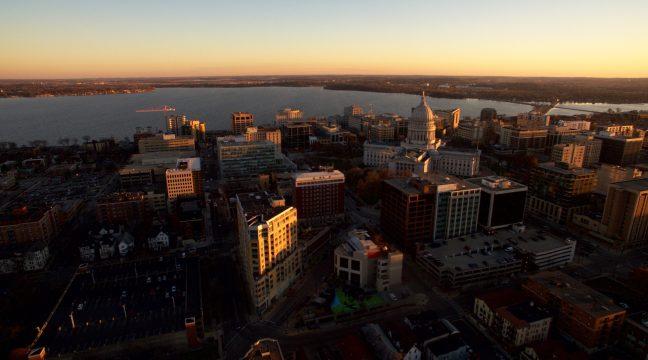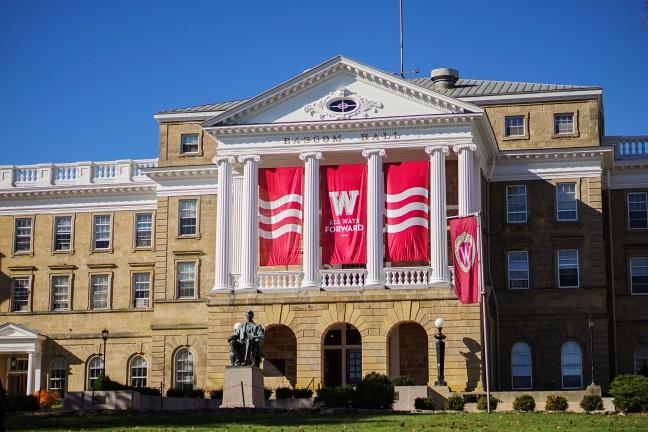The most quintessential visual depiction of American ideals is the Statue of Liberty. At her feet is a call for the tired, the poor, the masses yearning to breathe free. Sanctuary is literally engraved in the basis of American culture. We are taught this nation was built to provide a safe haven from oppression and tyranny. It is imperative that these ideals remain pertinent in our everyday lives, especially in the city of Madison.
In Jan. 2017, following pressure from President Donald Trump to crack down on sanctuary cities, Madison Mayor Paul Soglin released a statement re-affirming the city’s commitment to its sanctuary city status.
“We have made the point that we are a sanctuary city,” Soglin said. “We are committed to justice. The law is on our side.”
Since our country seems to have lost interest in doing its job — to provide refuge to all who need it — sanctuary cities are those cities which have picked up the slack. Here, local law enforcement officials may not inquire about any individual’s immigration status, to protect these families and children from unethical treatment or deportation. But that policy does not bar law enforcement from notifying immigration enforcement agencies, such as ICE, across the board. Whether ICE will be notified in instances of contact between law enforcement and undocumented individuals depends on the severity of the offense.
But that policy does not bar law enforcement from notifying immigration enforcement agencies, such as the U.S. Immigration and Customs Enforcement, across the board. Whether ICE will be notified in instances of contact between law enforcement and undocumented individuals often depends on the offense’s severity.
Soglin emphasized a unified political and legal response to follow any action from Trump that would dismantle sanctuary city statuses. “If Trump should take action against any or all of these cities there will be a unified response – politically and legally.”
But later in 2017, it was a team of Republican senators from Wisconsin who took action against the city’s asylum, introducing a bill that would effectively eliminate Madison’s status as a sanctuary city. Among the provisions, the bill would bar “policies that prohibit the enforcement of federal or state law relating to illegal aliens or immigration status.” Effectively, the bill would grant local police the jurisdiction to use immigration status as a factor in law enforcement.
On a national scale, public sentiment toward undocumented immigrants has been overwhelmingly negative, stemming from Trump’s September order to repeal DACA, an Obama-era program which protected the futures of America’s undocumented youth. In essence, the presence of sanctuary cities has never been more integral to the protection of America’s undocumented populations.
With both local and national governments working tirelessly against the interests of this marginalized population, areas where these folks can live with a relative sense of calm are integral.
But encouragingly, Madison’s commitment to justice prevailed. Following a year of public hearings and executive action, in the March 28 Senate session, the bill failed, solidifying Madison as a sanctuary city on paper — at least for now
With that context in mind, Madison’s identity as a sanctuary city has never been more crucial. Our country is under threat of becoming a laughing-stock in future history textbooks. More importantly, a government intended to protect all is terrorizing and targeting the U.S.’s law-abiding residents. Undervaluing and outright ignoring the value of human rights across identities has defined the last year and a half.
As such, moments where we can explicitly identify progressive measures in local government mean that much more. Madison’s sanctuary city status is a storied part of its identity and should remain protected at all costs.
The Editorial Board serves to represent the voice of the Badger Herald editorial department, distinct from the newsroom, and does not necessarily reflect the views of each staff member.













